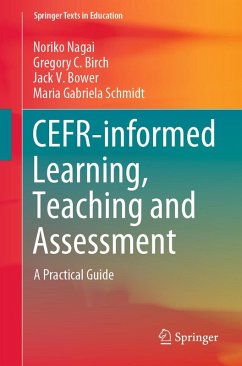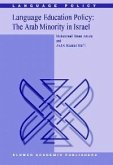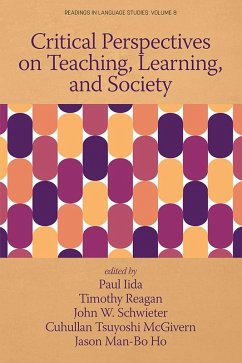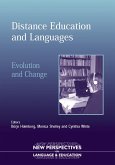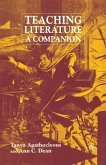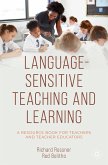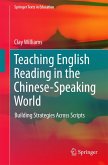This book is a practical guide to the Common European Framework of Reference for Languages: Learning, Teaching, Assessment (CEFR) (Council of Europe 2001) and the CEFR Companion Volume (CEFR/ CV; COE 2018), which have increasingly been used to inform the language policies and teaching practices of countries within and outside of Europe. It helps practitioners to (i) grasp essential and core concepts of the Common European Framework of Reference, (ii) identify parts of the CEFR and the CEFR/CV as well as other CEFR-related resources and documents that are relevant for readers' different purposes, and (iii) utilise and adapt these resources for their own needs. Written by practitioners for practitioners, this hands-on guide covers the philosophy of the CEFR, curricula, assessment, learner autonomy, the task-based approach, and teacher development.
Logically explaining all aspects of the framework and its application, this manual helps readers deal with many of the difficulties encountered when using CEFR and the CEFR CV.
The book will appeal to a wide audience, including teacher educators; curriculum and materials developers; examination boards unfamiliar with the CEFR; university language departments and language centres responsible for developing their own curricula, teaching/learning approaches and assessment instruments; and policy-makers wanting to learn more about the implications of adopting the CEFR. It is a guidebook, a reference book and a workbook all in your hand.
"Admirably clear and systematic, this book provides prospective users of the CEFR with precise and comprehensive guidance. Reading the book has been a heartening experience, not least because it fills a gap that has existed since the publication of the CEFR twenty years ago." Professor David Little, Trinity College Dublin, Ireland
Dieser Download kann aus rechtlichen Gründen nur mit Rechnungsadresse in A, B, BG, CY, CZ, D, DK, EW, E, FIN, F, GR, HR, H, IRL, I, LT, L, LR, M, NL, PL, P, R, S, SLO, SK ausgeliefert werden.

